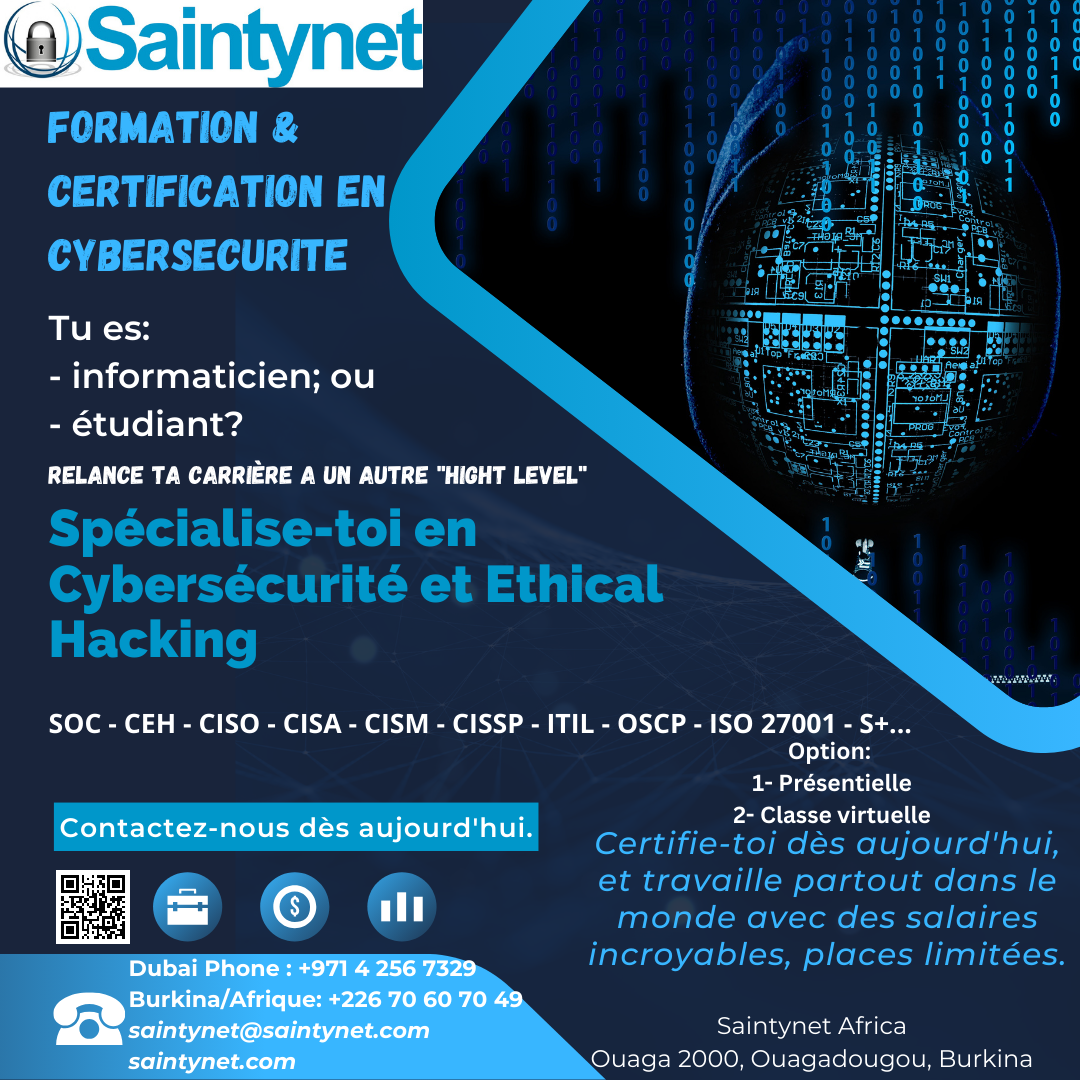In a chilling display of digital deception, North Korean hackers have weaponized seemingly legitimate research papers to deliver the malicious RokRAT backdoor.
This cunning ploy highlights the evolving tactics of cybercriminals and underscores the need for vigilance in the face of online threats, even those cloaked in academic garb.
Hook, Line, and Malware:
The attackers crafted fake research papers focusing on topics like blockchain technology and North Korean economic policy. These fabricated documents were then uploaded to legitimate academic platforms and social media networks, enticing unsuspecting researchers and analysts to download them. Embedded within these seemingly innocuous files lay the RokRAT backdoor, waiting to silently infect unsuspecting systems.
RokRAT’s Nefarious Reach:
Once deployed, RokRAT grants attackers a potent arsenal of capabilities, including:
- Data Exfiltration: Stealing sensitive information like documents, emails, and passwords.
- Remote Access: Allowing attackers to control infected systems and potentially pivot further into networks.
- Surveillance: Monitoring user activity and capturing keystrokes.
The Deceptive Lure of Academia:
This attack leverages the inherent trust placed in academic research, exploiting the thirst for knowledge and information to spread malware. This tactic not only highlights the sophistication of North Korean cyber operations but also poses a significant challenge for security researchers and analysts who rely on these platforms for their work.
Navigating the Digital Minefield:
So, how can we navigate this treacherous digital landscape and avoid falling prey to such cunning attacks? Here are some key steps:
- Scrutinize the Source: Be wary of research papers from unfamiliar or unverified sources. Double-check author credentials and affiliations before downloading.
- Verify File Integrity: Utilize antivirus and anti-malware software to scan downloaded files before opening them. Consider employing sandboxing to test suspicious documents in a controlled environment.
- Practice Vigilance: Remain alert to unusual system behavior, including unexplained network activity or resource spikes. Report any suspicious activity promptly to IT security teams.
- Stay Informed: Keep yourself updated about emerging cyber threats and attack methods. Leverage resources from trusted security organizations like CISA and CERT.
Beyond the Digital Deception:
The weaponization of fake research for malware delivery is a troubling trend that demands a multi-pronged response. Academic institutions need to bolster security measures for their platforms, while researchers and analysts must adopt a critical eye towards downloaded content. On a broader scale, cybersecurity awareness and robust digital hygiene practices are crucial to defend against these evolving threats.
Remember, in the digital realm, knowledge is not just power; it can also be a weapon. By staying vigilant, exercising caution, and prioritizing online security, we can collectively build a more secure and trustworthy digital ecosystem, where genuine research flourishes unencumbered by the shadows of cybercrime.
Stay Sharp, Stay Safe, Stay Secure!




